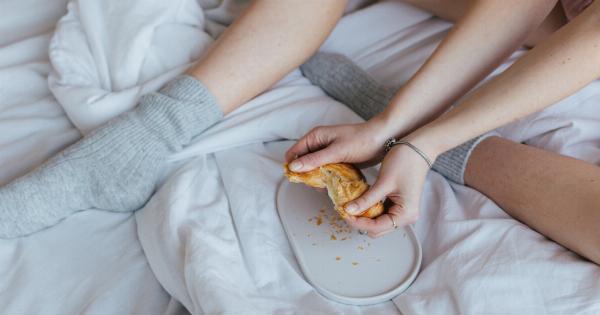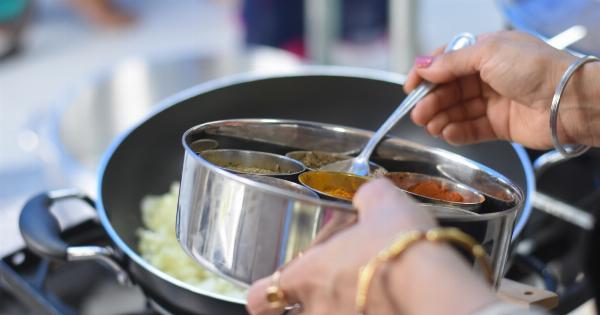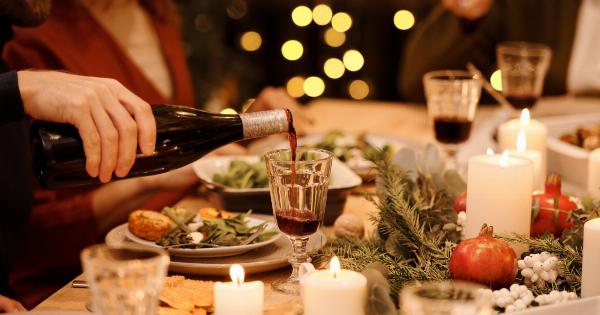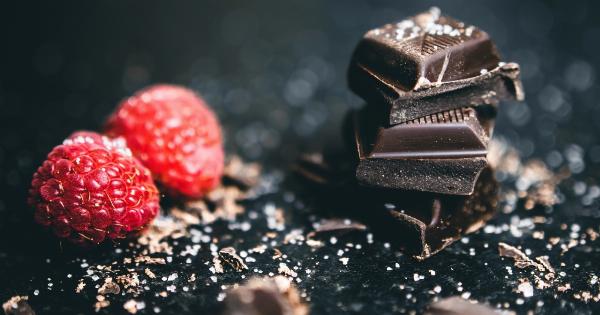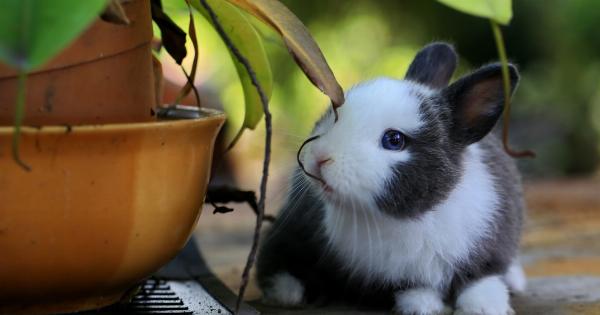As Christmas approaches, many people plan elaborate feasts for themselves, their families and friends. Some may even want to include their pets in this yearly tradition.
However, feeding your pet with the same food as you consume for Christmas is a bad idea and potentially dangerous for their health. While it may seem like a harmless indulgence, many holiday foods can make pets sick or even cause death.
1. Chocolate and Other Sweets
Chocolate is a common ingredient in many Christmas sweets, such as cookies or cakes. However, even a small amount of chocolate can be lethal to pets, especially dogs.
Chocolate contains theobromine, which is toxic to dogs and can cause vomiting, dehydration, seizures, and even death. Besides chocolate, any sweet treats that contain xylitol, an artificial sweetener, can be deadly to your pets. Xylitol causes insulin release, which leads to hypoglycemia, seizures, and liver failure.
2. Alcohol
If you think of pouring your pet a few sips of your favorite Christmas cocktail, think again. Alcohol consumption can cause serious health problems in pets, such as vomiting, diarrhea, difficulty breathing, tremors, seizures, and coma.
In severe cases, alcohol poisoning can be fatal. Keep in mind that pets have a much lower tolerance for alcohol than humans do.
3. Fatty Foods
During the holidays, many dishes are cooked in lard, butter, or other types of fat. While these foods may be delicious to human taste buds, they can cause digestive issues for pets.
Consuming fatty foods can lead to pancreatitis, a life-threatening condition that occurs when the pancreas becomes inflamed. Symptoms of pancreatitis in pets include abdominal pain, vomiting, diarrhea, and lethargy.
4. Bones
If you’re planning to serve a roast turkey or ham for Christmas, be sure to keep the bones away from your pet. Bones can splinter and cause choking or blockages in your pet’s digestive system.
In addition, cooked bones can break into sharp pieces that can damage your pet’s internal organs. To keep your pet safe, serve them a bowl of their regular pet food instead of table scraps or bones.
5. Onions and Garlic
Onions and garlic are often used in savory dishes, but they are toxic to pets. These foods contain compounds that can damage your pet’s red blood cells, leading to anemia.
Symptoms of garlic or onion toxicity in pets include lethargy, weakness, pale gums, and decreased appetite. If you suspect that your pet has consumed onions or garlic, contact your veterinarian immediately.
6. Grapes and Raisins
Grapes and raisins are commonly used in desserts and snacks during Christmas celebrations. However, they can be toxic to pets, especially dogs. Eating grapes or raisins can cause kidney problems in pets, leading to dehydration, vomiting, and diarrhea.
In severe cases, grape or raisin toxicity can be fatal. If you think your pet has eaten grapes or raisins, seek veterinary attention immediately.
7. Nuts
Nuts are often included in many holiday dishes, but not all nuts are safe for pets. Some nuts, such as macadamia nuts, can cause vomiting, lethargy, hyperthermia, and tremors in dogs.
Other nuts, such as walnuts or almonds, can cause intestinal blockages in pets, leading to vomiting, diarrhea, and abdominal pain.
8. Salt
Foods that are high in salt, such as ham or stuffing, can be dangerous for pets. Consuming large amounts of salt can lead to electrolyte imbalances, which can cause dehydration, seizures, and even death.
Keep in mind that many pets are more sensitive to salt than humans are, so it’s important to avoid feeding them any salty snacks or meals.
9. Table Scraps
Feeding your pet table scraps may seem like a kind gesture, but it can be harmful to their health. Human food is often too rich and fatty for pets, which can lead to weight gain, digestive problems, and other health issues.
In addition, table scraps can cause pets to develop bad habits, such as begging or stealing food from plates. If you want to treat your pet during the holidays, give them a small piece of lean meat or a few vegetables instead.
10. Holiday Plants
Many people decorate their homes with festive plants during the holidays, but some of these plants can be toxic to pets. Poinsettias, mistletoe, and holly all contain compounds that can cause vomiting, diarrhea, and even death in pets.
If you want to keep your pet safe, choose non-toxic plants, such as Christmas cactus or spider plant, to decorate your home.
Conclusion
While it may be tempting to share your Christmas feast with your pet, it’s important to remember that many holiday foods are dangerous for their health.
Feeding your pet a regular diet of high-quality pet food is the best way to keep them healthy during the holidays and throughout the year. If you want to treat your pet, consider giving them a special toy or spending extra time playing with them. By following these simple tips, you can ensure that your pet stays safe and healthy throughout the holiday season.






